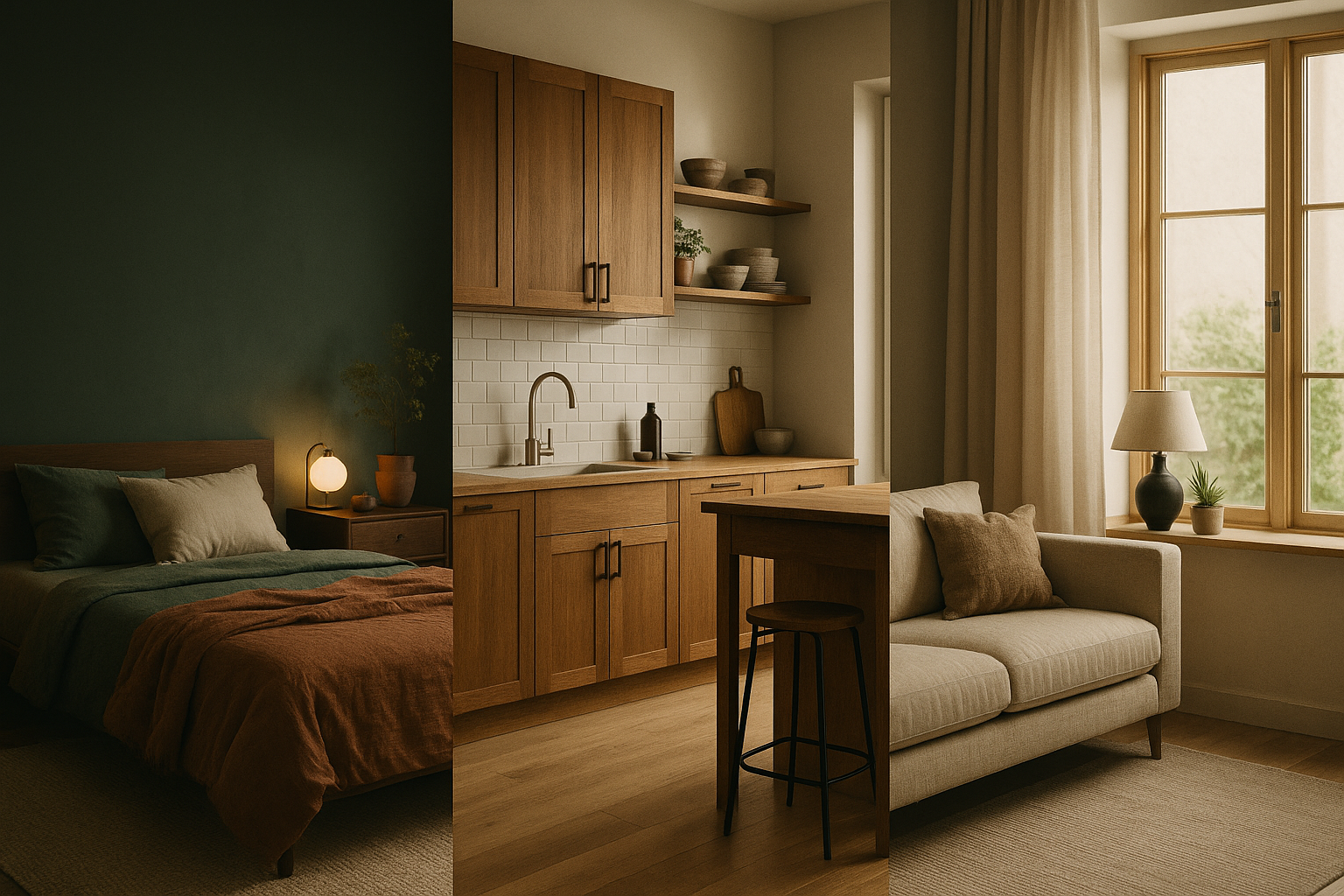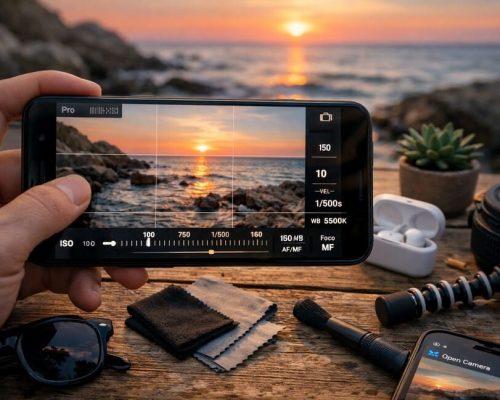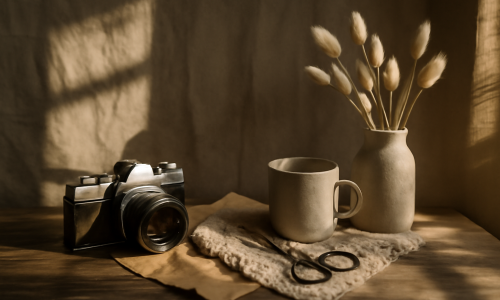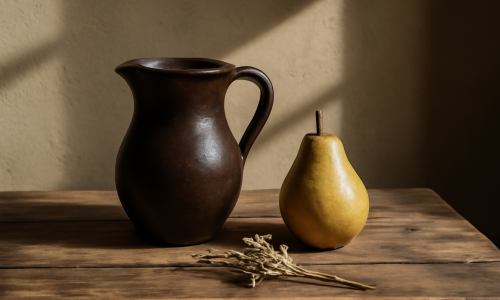Maintaining a cohesive aesthetic while photographing different rooms can seem like a challenge — especially when each space has its own purpose, lighting, and decor. However, for professional photographers and content creators looking to build a strong visual identity, consistency is key.
In this article, you’ll understand why visual cohesion matters in interior photography, how to achieve it even in contrasting spaces, and which visual elements can connect your shots — even when the rooms are entirely different from one another.
Why Does Visual Cohesion Matter?
A consistent aesthetic makes your photos feel like part of a whole, even when they show very different locations. This results in:
- Brand recognition – people begin to associate the visual style with your personal signature
- Professionalism – demonstrates technical control and artistic awareness
- Stronger portfolios and social media feeds – creates a visually pleasing experience
- Higher engagement – cohesive visuals hold attention longer
Different rooms don’t need completely different styles — you can build a connected photo narrative using consistent choices in lighting, color, composition, and editing.
1. Define Your Photographic Identity
Before considering how to photograph the rooms, it’s important to clarify who you are as a photographer. Your visual identity will be the thread that ties all images together.
Ask yourself:
- What emotion do I want to convey with my photos?
- Do I prefer soft natural light or strong contrasts?
- Are my tones usually neutral, vibrant, or dark?
- What editing style represents me best?
Once you define your style, it starts to guide all your photographic decisions — from lens selection to post-production.
2. Choose a Base Color Palette
Color is one of the most noticeable elements in photography. Using a consistent color palette helps you visually connect separate spaces.
Tips for Application:
- Use soft variations of the same hue across rooms
- Maintain similar background tones (walls, fabrics, major objects)
- In editing, match white balance across environments
- Avoid clashing styles (e.g., a colorful boho bedroom and a gray minimalist living room)
You can absolutely photograph different styles — but if the core colors complement each other, your aesthetic will remain cohesive.
3. Lighting: The Great Unifier
The way light is used in your photos has a huge impact on overall aesthetics. Even very different rooms can look like part of the same “universe” if photographed under similar lighting conditions.
Lighting Strategies for Cohesion:
- Stick to the same light direction (e.g., soft side light)
- Shoot at the same time of day
- Use artificial lights with the same color temperature
- Handle shadows and highlights in a consistent way
Light doesn’t just reveal a space — it sets the mood. Standardizing your lighting approach is one of the most effective ways to create visual cohesion.
4. Use the Same Equipment and Settings
Your lens, sensor, and camera settings affect the final aesthetic of each image.
To Maintain Consistency:
- Shoot all rooms with the same lens (or focal length)
- Use similar ISO, aperture, and shutter speed settings
- Keep your camera at the same height (e.g., eye level or furniture level)
- Use a tripod for consistent framing and stable lighting control
This technical consistency supports your visual identity even when layouts or room purposes vary.
5. Composition: Repeat Visual Patterns
Repetition of lines, framing, and compositional structure is a powerful way to generate unity across images.
Examples of Compositional Consistency:
- Use centered or rule-of-thirds framing throughout
- Keep the camera level with the ground and walls
- Maintain a recognizable crop (e.g., always include the floor and part of the wall)
- Use recurring elements (plants, books, ceramics, fabrics) across rooms
Even if the environment changes, your photographic eye remains steady — and that’s what creates a strong connection across your photo series.
6. Editing Style: The Final Touch
Editing is one of the most decisive steps in unifying different photographs. This is where you harmonize color, contrast, light, texture, and mood.
Tips for Consistent Editing:
- Create and use your own Lightroom or Photoshop presets
- Adjust white and black points similarly across images
- Use the same tone curve for all shots
- Balance saturation for a uniform palette
- Avoid heavy filters or gimmicks — subtlety strengthens cohesion
Editing should enhance the style you defined at the beginning. With a unified post-production approach, even kitchens and bathrooms can feel like part of the same artistic series.
7. Build a Visual Story
Beyond technical consistency, you can build cohesion through visual storytelling. Think of your set of images as a chapter of a story.
How to Do It:
- Start with a “hero” shot (e.g., a wide view of one room)
- Follow with details (textures, decor, personal items)
- Introduce complementary angles from the next room
- Close with a shot that mirrors or echoes the first
This creates a visual sequence that flows naturally — as if the viewer were walking through the space.
8. Inspiration: Photographers Who Master Cohesive Aesthetics
Nicole Franzen
Editorial style with soft natural light and neutral tones. Her consistent visual signature appears in every room she photographs.
Pia Ulin
A balance of rustic and modern, with clean, elegant compositions. Her subtle editing creates visual harmony across varied projects.
Line Klein
Scandinavian minimalism with focus on light and detail. Her consistency lies in composition choices and refined post-production.
Studying photographers like these shows how to apply cohesion even in diverse portfolios.
9. Create Thematic Photo Series
One practical way to ensure unity is by creating series with clear visual themes. For example:
- “Morning Light” – different rooms captured at sunrise
- “Natural Textures” – focus on wood, linen, greenery
- “Urban Silence” – minimal interiors in small city apartments
- “Cool Tones” – interiors dominated by blues, greens, and grays
These series build a strong visual narrative and help maintain cohesion even when the rooms themselves differ in purpose or decor.
10. Checklist: Ensuring Visual Cohesion Across Spaces
✅ Have you defined your visual identity?
✅ Did you choose a base color palette?
✅ Are you using consistent lighting setups?
✅ Is your framing style the same across rooms?
✅ Did you apply the same editing logic?
✅ Are you thinking about photo sequence as a narrative?
✅ Do all rooms feel like they “belong” in the same world?
If most of these answers are yes, you’re well on your way to a cohesive and professional photography portfolio.
Final Thoughts: Consistency Is Style
Creating a cohesive aesthetic across different rooms doesn’t mean making everything look the same — it means making everything feel like it’s part of the same visual world.
True visual identity comes from intention, repetition of smart choices, and attention to detail. You can explore a range of styles, colors, and spatial purposes — as long as you maintain a consistent eye, thoughtful editing, and clear narrative flow.
In a world flooded with images, visual cohesion is what turns a photographer into a visual author. And being recognized for your style is one of the greatest accomplishments you can achieve in the creative industry.











